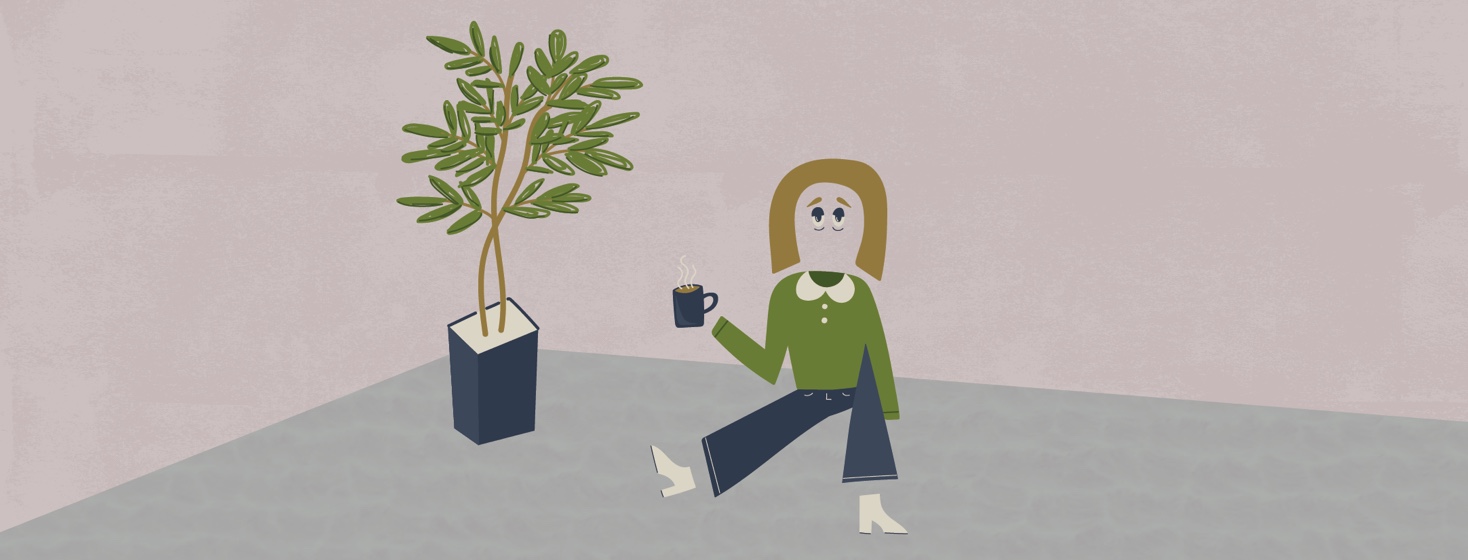Narcolepsy's Cloak of Invisibility
There is some debate as to whether narcolepsy is truly an invisible illness. I mean if you look close enough you can see the signs that someone is struggling with the symptoms of narcolepsy. The tired, bloodshot eyes, with heavy eyelids half shut. The cataplectic attacks which cause things to be dropped and knees to buckle.
However, these symptoms don't even scratch the surface of what a person with narcolepsy is experiencing on a daily basis. So while there are some symptoms that you may be able to spot, a lot of them tend to go unnoticed and hide in the background.
What you can't see
Hiding behind the cloak of invisibility there are a whole host of symptoms that people with narcolepsy can deal with frequently. Imagine not sleeping for 48 to 72 hours and then being thrown into the world to go about your average day.
Extreme exhaustion
Working, talking, eating, walking, and so many other tasks can become massive tasks due to the extreme level of exhaustion that those of us with narcolepsy experience. You can't see the sleepiness that we face every day. But I can assure you it's there, and it's very real.
Debilitating emotions
Then there is the fear that I experience after a hallucination or the panic after a sleep paralysis episode. These emotions are invisible, but they can be debilitating. I have found myself, on many occasions, fighting my need to go back to sleep just in case I fall back into a bad nightmare, or checking the house to make sure my hallucination wasn't real.
I wish I had a narcolepsy badge
This is going to sound ridiculous, but sometimes I wish I could have a big sign that says, "I have narcolepsy." The invisible nature of so many of the symptoms can make it really hard to express how I am feeling, and why I make the decisions that I do.
I have gotten really good at saying no, and looking after myself. However, it can be tiring to have to explain yourself to people over and over again. If everyone could see what I face on a daily basis then I wouldn't have to explain or justify myself. I wouldn't need to make up an excuse for why I can't go to that catch-up, or why I am asleep on the floor at the party. People would just know.
Invisibility can be useful
All this being said, the narcolepsy cloak of invisibility can come in handy sometimes. If I am not ready to disclose my narcolepsy to someone, or don't feel comfortable doing so, I have ways of becoming invisible.
For example, sometimes in the workplace, it can be really helpful to let others know what you are dealing with, but other times not so much. Some workplaces can put accommodations in place to help you.
However, as a musician, when I am on stage doing a performance, there is not much anyone can do to accommodate my needs. So usually I find it best to just put on some concealer to hide the bags under my eyes, take my meds, smile, and get on with the job at hand.
Do you feel like you're wearing a cloak of invisibility? Do you wish people could see beyond the visible symptoms? When do you find invisibility useful? Share with us in the comments below.

Join the conversation